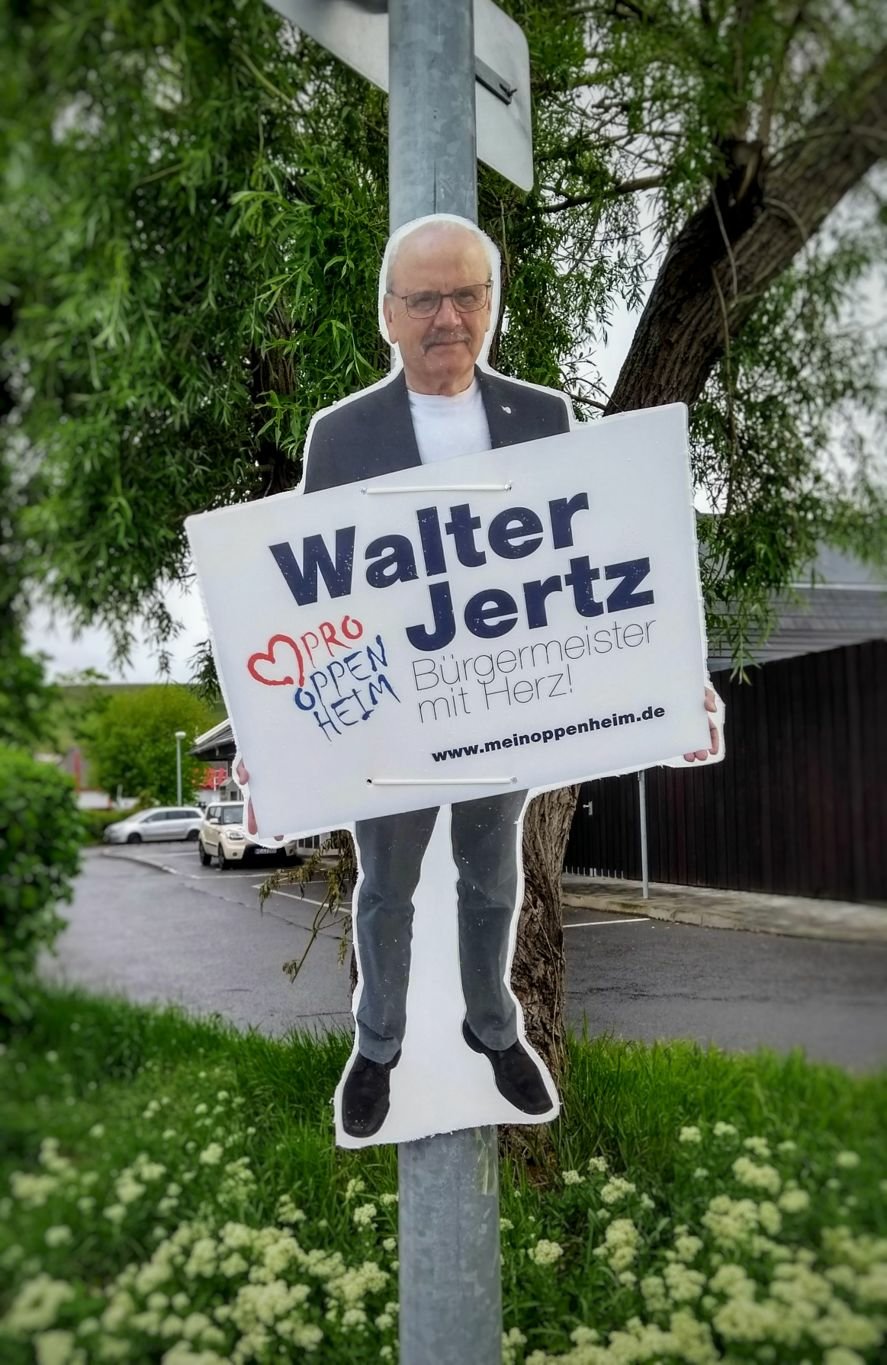It’s that time again: EP and local elections are in conjunction, and politicians are wasting public space and money on election posters from hell.
In national campaigns, election posters are a remarkably inefficient way to burn through campaign funds. Their main function is to remind voters that their party still exist. Apart from that, they are unlikely to have relevant effects. And yet, parties spend time, money, and effort putting them up.
Why do parties use posters?
I think it is ritualistic. No-one dares to fight a campaign without them, lest they appear weak in the public space. They also provide a useful rallying point for the troops, like banners in a battle. Or so the story goes.
Many years ago, I was invited to the Netherlands to observe the campaign. One thing that struck me was that posters were of a modest size and confined to specific billboards where all the parties (and boy do the Dutch have a great number of parties) put them in neat rows so that the populace could ignore them collectively in a more focused manner.
In Germany, parties can either rent space on the large commercial billboards, or they may use public lampposts and signposts for smaller posters. For the latter, there is some regulation in place, but it must be pretty light-touch. More importantly, it is confined to the size of the posters and public safety. Unfortunately, matters of taste and intelligence go completely unregulated.
Election posters: local talent
Which brings us back to local politics. Here, election posters may serve a useful function. In most states, local elections are fought on some hideously complex and flexible variant of open-list PR. Especially in smaller municipalities, local lists that are unaffiliated with national parties and even independent candidates can be relevant actors.
Therefore, flyers and posters are still de rigeur, even if local politicians have recently discovered the internet and social media. Campaigns are personalised and literally run by amateurs. And more often than not, it shows.
Five years ago, there were some pretty horrible examples. The FDP’s “let’s illustrate random idioms” campaign provided a few of my all-time favourites. But this year’s crop is not bad either.
The general who would be mayor

Exhibit A shows one of the two men who want to be village mayor. In 2018, their predecessor left under a massive cloud of (so far unproven) allegations, and both the local SPD and CDU, who had formed a coalition in the village council, basically collapsed. Into that void stepped Walter Jertz, a retired general, who stood uncontested as an independent and took over as a caretaker for the rest of the term.
The idea of a general in political office is generally scary. The idea of a general, whose last command before retirement was over some 30,000 soldiers in the Luftwaffe, becoming village mayor is odd. But Jertz seems to like the job. And so, at the tender age of 74, he is standing for a full term.
At one point in his career, he was spokesperson for the NATO forces in the Kosovo war. He has also written a book on military propaganda, published various articles on PR for the forces, and edited a handbook on security communication. So one must really wonder what has gotten into him lately.
This is awkward on many levels
First, there is the awkward “Jertz”/Herz rhyme: the name apparently qualifies the man to be a mayor with a heart. While this is reassuring from a Buffy-centric point of view (we most certainly don’t want a demon/vampire running the show), it is also straight from the advert-for-the-local-butcher-with-no-budget playbook.
Second, there is the “Pro-Oppenheim” pledge. In Germany, for the last twenty years or so, the “Pro-” suffix has been used exclusively by right-wing extremist parties and groups. PRO DM, Pro-Germany, Pro-Cologne, Pro-Chemnitz – you name it. It probably takes a somewhat nerdy complexion to spot this, so I assume this was not intentional but just unfortunate. Very much so.
And third, don’t use a cut-out. It is certainly eye-catching, yet for all the wrong reasons. This is not the 1980s. You are not Donald Trump. But if you think you absolutely have to, in this populist time and age, don’t ever hang a cut-out of a politician from a lamppost or tree, even if it is your own likeness. It looks bad enough as it is. And with a single determined twist, the friendly neighbourhood vandal can and will turn you into Mussolini. So: Please. Just. Don’t.
Discover more from kai arzheimer
Subscribe to get the latest posts sent to your email.

Likes